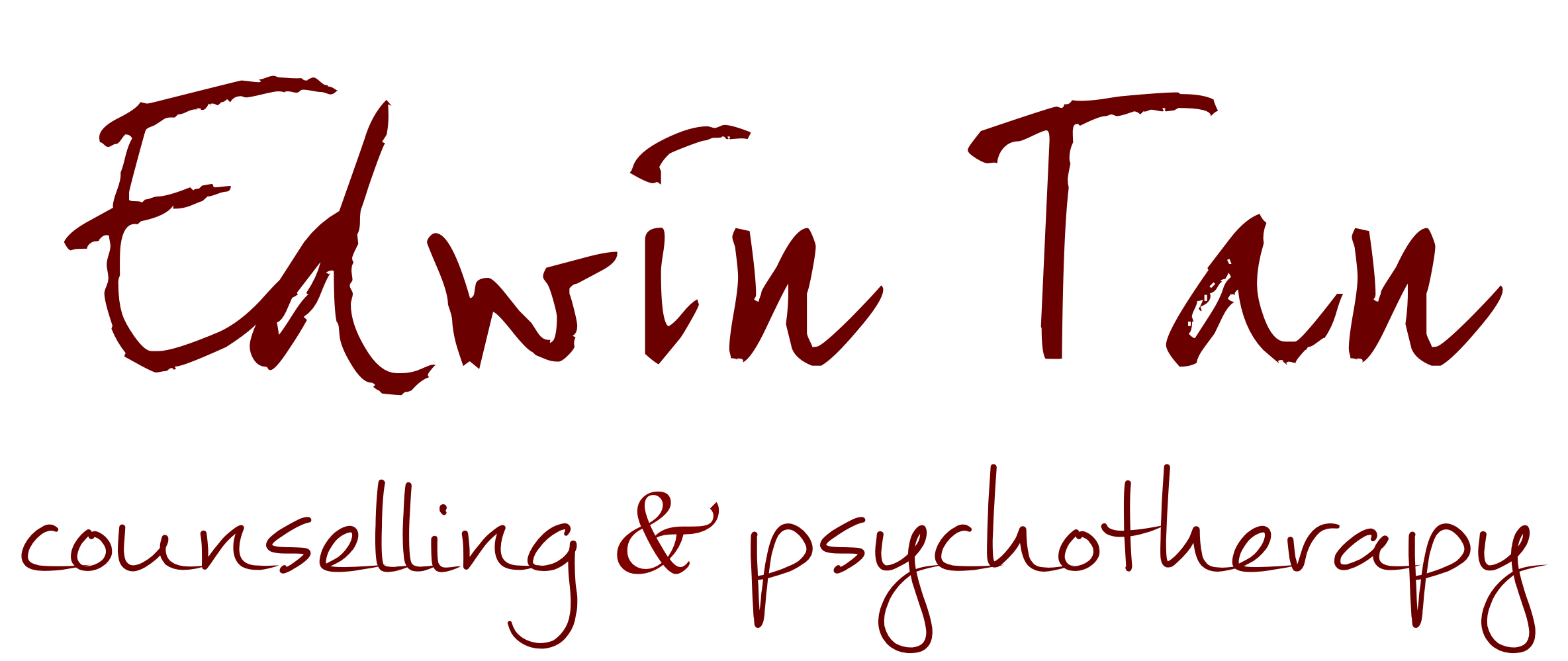Give A Damn
London’s National Theatre last year played host to the epic revival of Tony Kushner’s Pulitzer Prize-winning cri de coeur Angels in America prior to its (now successful) transfer to Broadway. I was fortunate to have seen this almost 8-hour production and shared my thoughts about it at that time.
Now, London’s New Vic Theatre is where up-and-coming playwright Matthew Lopez’s 7-hour magnum opus The Inheritance is having its world premiere, no doubt en route to a West End transfer and hopeful jaunt across the pond to Broadway thereafter. This very American play – set in and around New York City – is based on EM Forster’s Howards End and directed by Stephen Daldry, with a cast that includes acting legend Vanessa Redgrave (in what amounts to an eleventh-hour cameo appearance), and reviews so far have been stellar across the board.
Given the superficial similarities between these two works (they both deal with the legacy of AIDS, gay culture, the melding of reality and fantasy, not to mention their two-part, deep-vein thrombosis-threatening running times), comparisons are inevitable, but I found The Inheritance to be a very different work. If Kushner’s plays ultimately emphasized the need to embrace and fearlessly change, Lopez’s work’s insistent theme seems to be a call to Care, with a capital-C.
Drawing liberally from Forster’s work, and including him as a character in the narrative, Lopez has fashioned a narrative that uses the characters and outline of Howards End to urge audiences to be brave in looking back, learning from the past, carrying the lessons into the future, and above all, to engage with what it means to really invest of yourself and to care – for something, someone, somewhere.
In my work with clients, I’m often struck by how afraid people can be of either appearing to care, or actually allowing themselves to care, whether this is in respect of their work, their friendships, their significant relationships, even themselves. There is a prevailing sense of self-protection and self-preservation that seems to dictate that people don’t fully invest themselves, even if they are interested or sincerely believe in something or someone.
I have found that this is often the result of a fear of rejection – the prospect of one’s vulnerability, exposed via the act of caring and showing concern, being cast aside by the other, prevents people from allowing themselves to truly care. Lopez’s plays collectively call for the kind of courageous openness, kindness and love that propels true connection between people. If one risks nothing of oneself, EM Forster’s exhortation to ‘only connect’ would never come to be because there would be no one to connect with. Is it any wonder that modern society faces an epidemic of loneliness and that isolation and feelings of unfulfilled existence rather than truly living drive people into states of depression and anxiety?
The opportunity to see The Inheritance might not be available to all, but I invite you to a re-consideration of Howards End (either via the novel or any of the film/television adaptations) using the lens provided by playwright Lopez – that heeding the fundamental instinct to care is the sole path towards being able to ‘only connect’ with yourself, your loved ones, your life, you – might be a worthwhile and rewarding endeavour.
